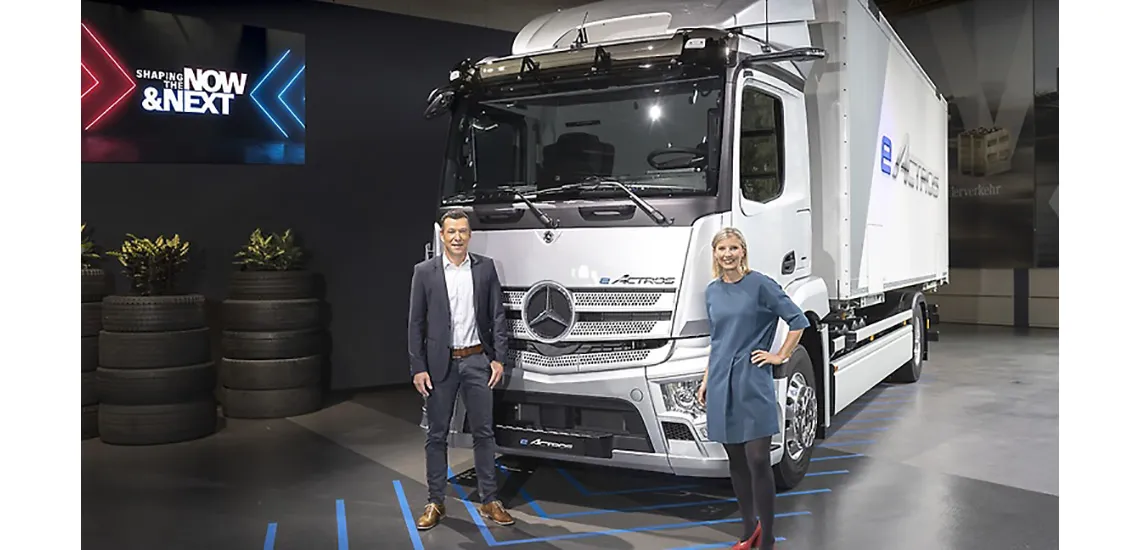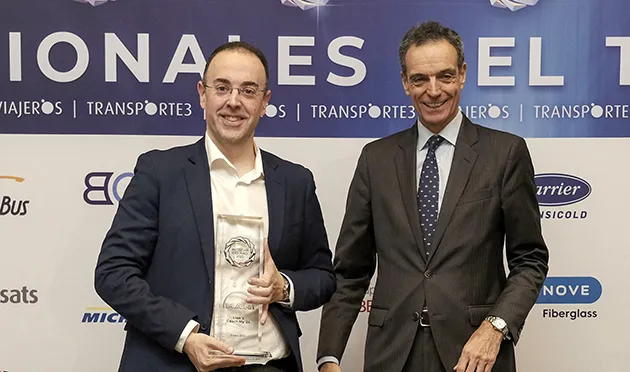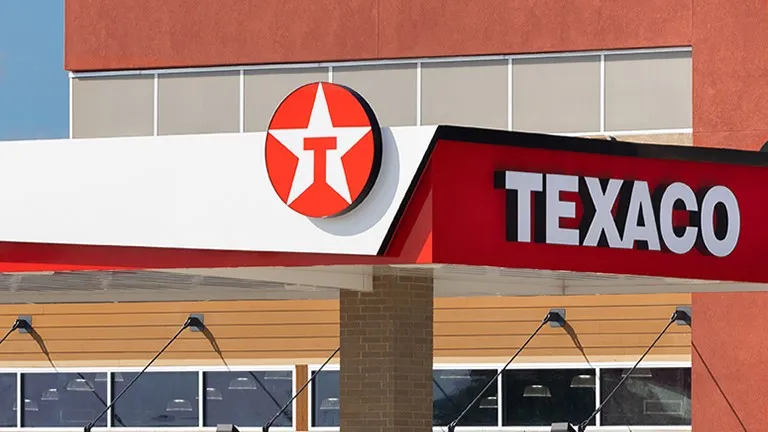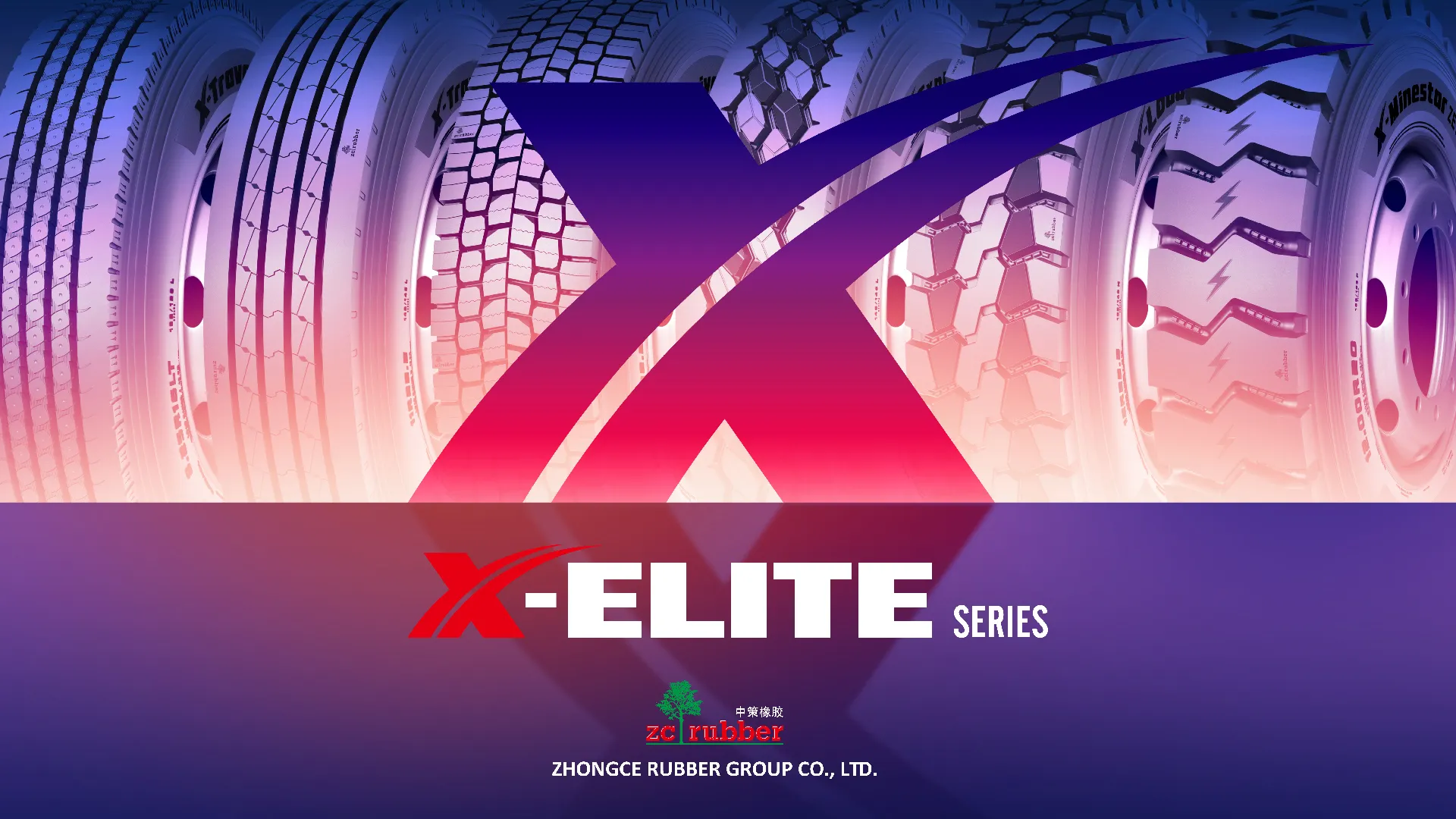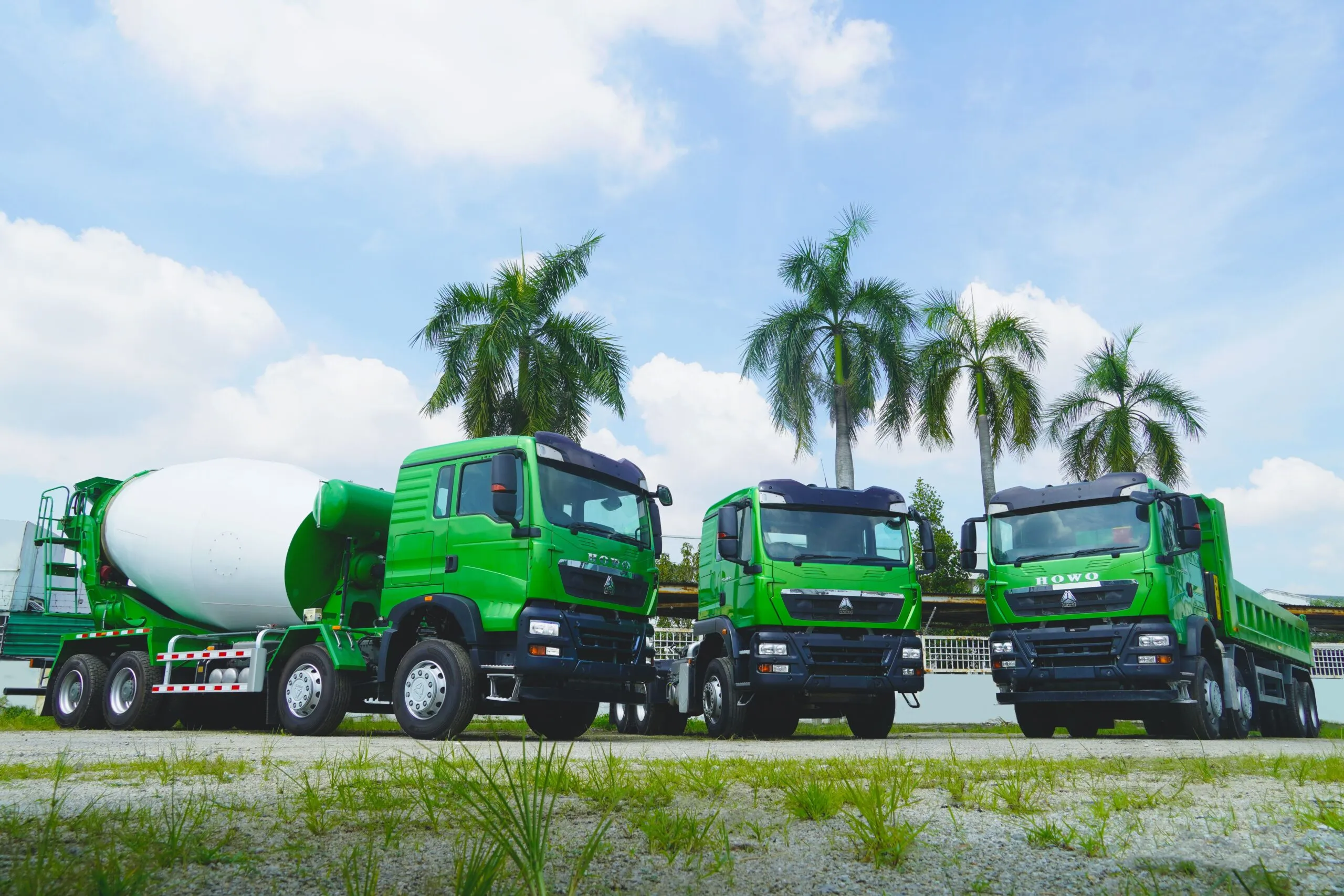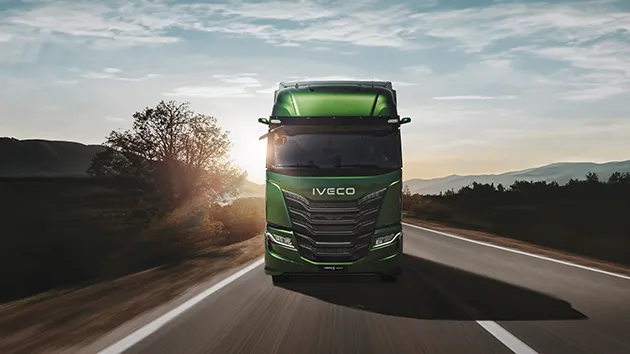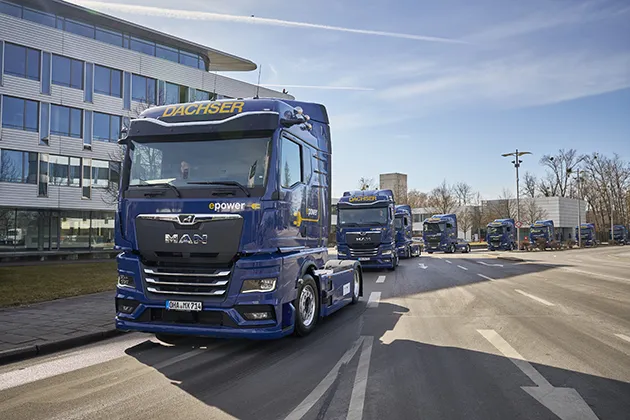Mercedes-Benz Trucks presents its electrification strategy at ‘Shaping the New and Next 2021’ event.
Mercedes-Benz Trucks Commits to Locally CO₂-Neutral Transport
Mercedes-Benz Trucks presented several new vehicles to the public at the ‘Shaping the Now and Next 2021′ event, which focus especially on the electrification of the product portfolio.
“At Mercedes-Benz Trucks we are fully committed to locally CO₂-neutral transport. In 2030, we want more than half of our new vehicles sold in Europe to be locally emission-free,” said Karin Rådström, Member of the Board of Management at Daimler Truck AG, responsible for Mercedes-Benz Trucks at the ‘Shaping the Now & Next 2021’ event and thus indicating the company’s target for the coming years.
“To make that happen, there is no one-size-fits-all, no silver bullet. In line with the different use cases of our customers, we follow a dual electrification strategy based on battery- and fuel cell-electric trucks. But there is more action needed – in terms of infrastructure as well as a reliable regulatory framework.”
The eActros for heavy distribution haulage, presented recently in June 2021 and scheduled to go into full-scale production in Wörth from October 2021 as well as the eEconic for municipal use to follow in the second half of 2022 are already fully electrified and locally CO₂-neutral. Intensive testing is still underway at present, after which the eEconic will move on to practical trials with customers. The key technical specifications are largely identical to those of the eActros; the eEconic waste collection vehicle is designed to cover the vast majority of the typical collection routes run by an Econic with no need for interim charging. Even before full-scale production has started a waste disposal company in Denmark has already placed an order for eleven eEconic vehicles.
From 2024, the eActros LongHaul which is also battery-electric is planned to be ready for series production and 2027 will see the first series-production GenH2 Trucks with hydrogen-based fuel cell drive roll off the production line on their way to customers. Both vehicles will enable locally CO₂-neutral road freight haulage on long-distance routes.

